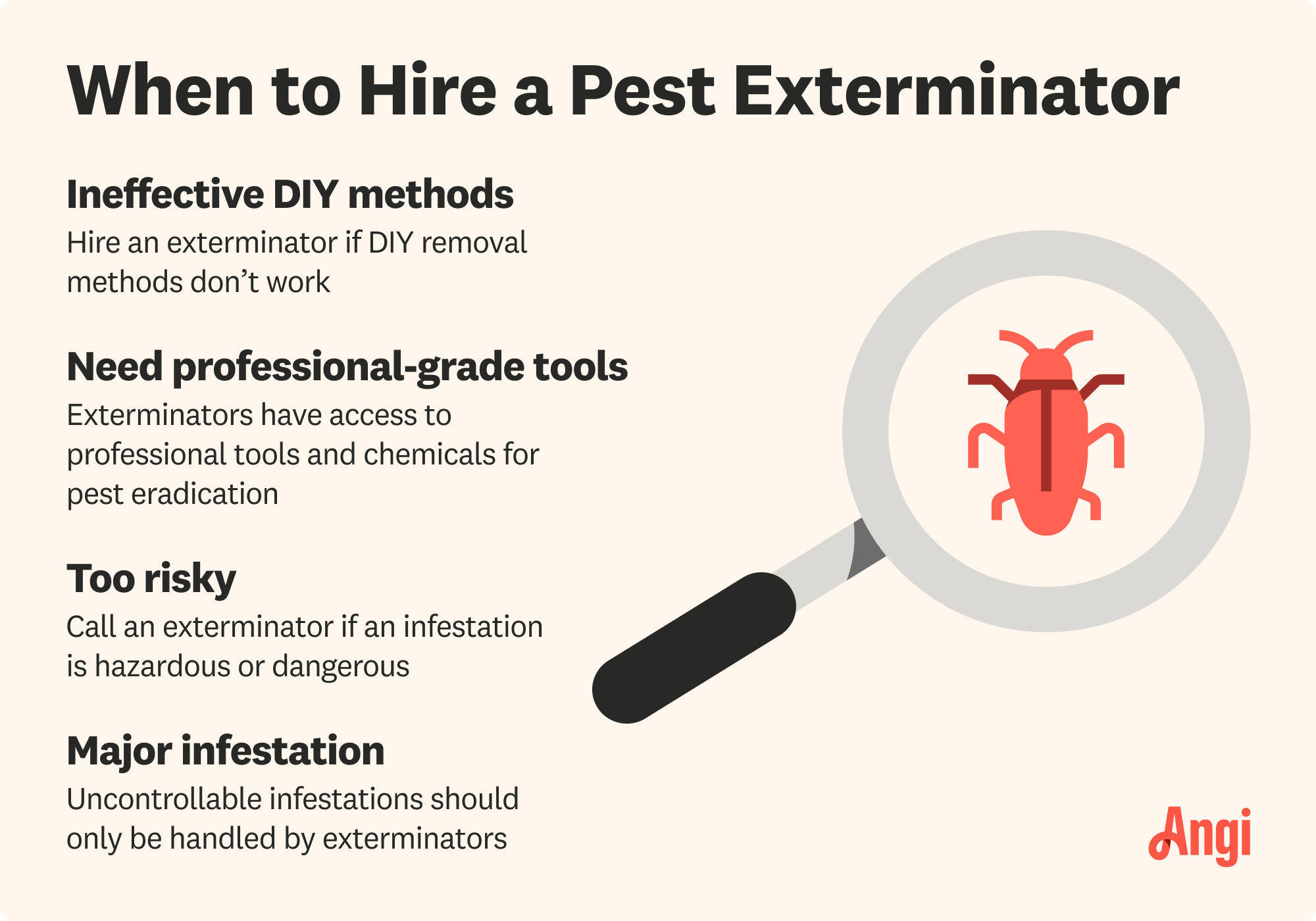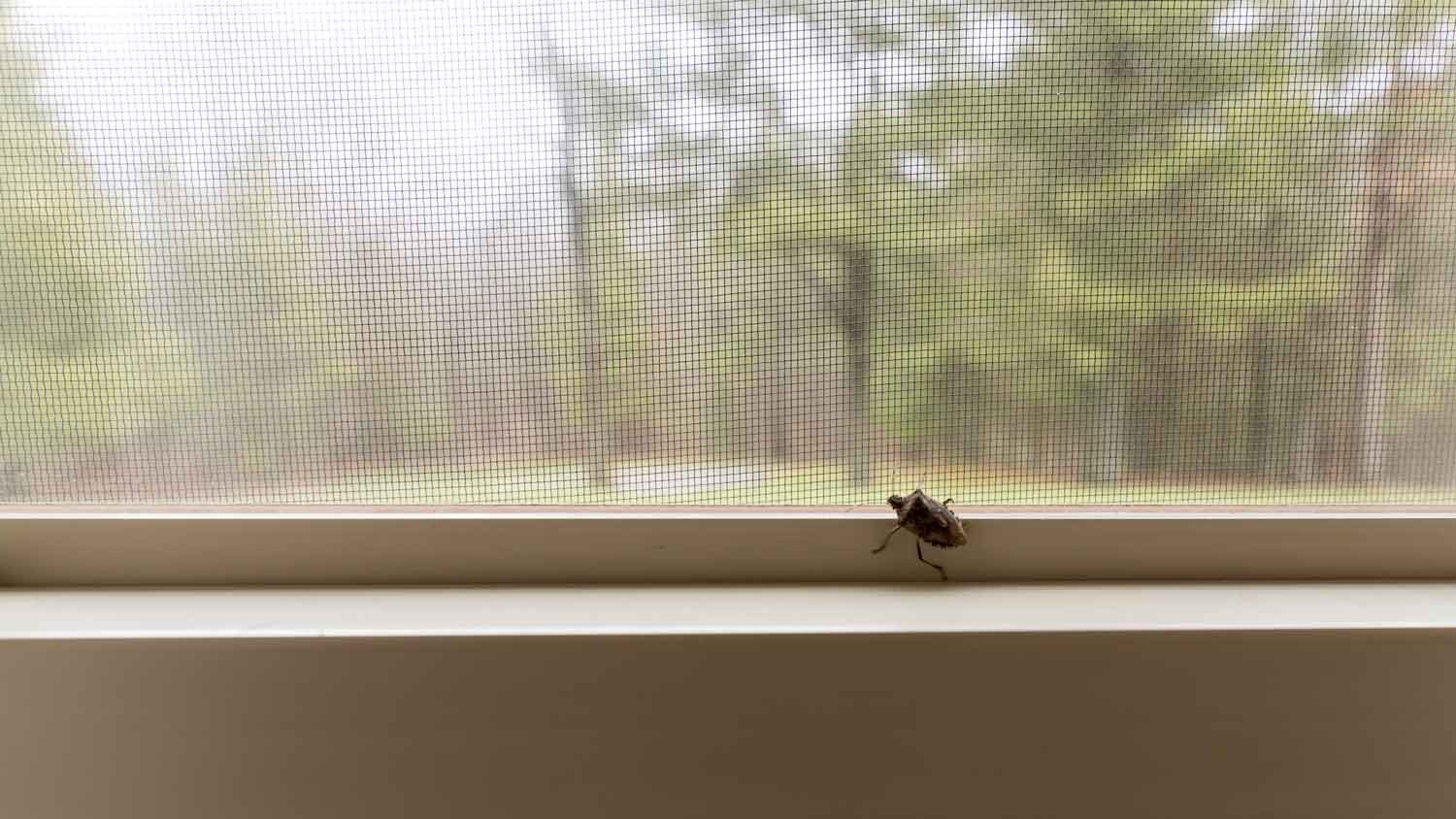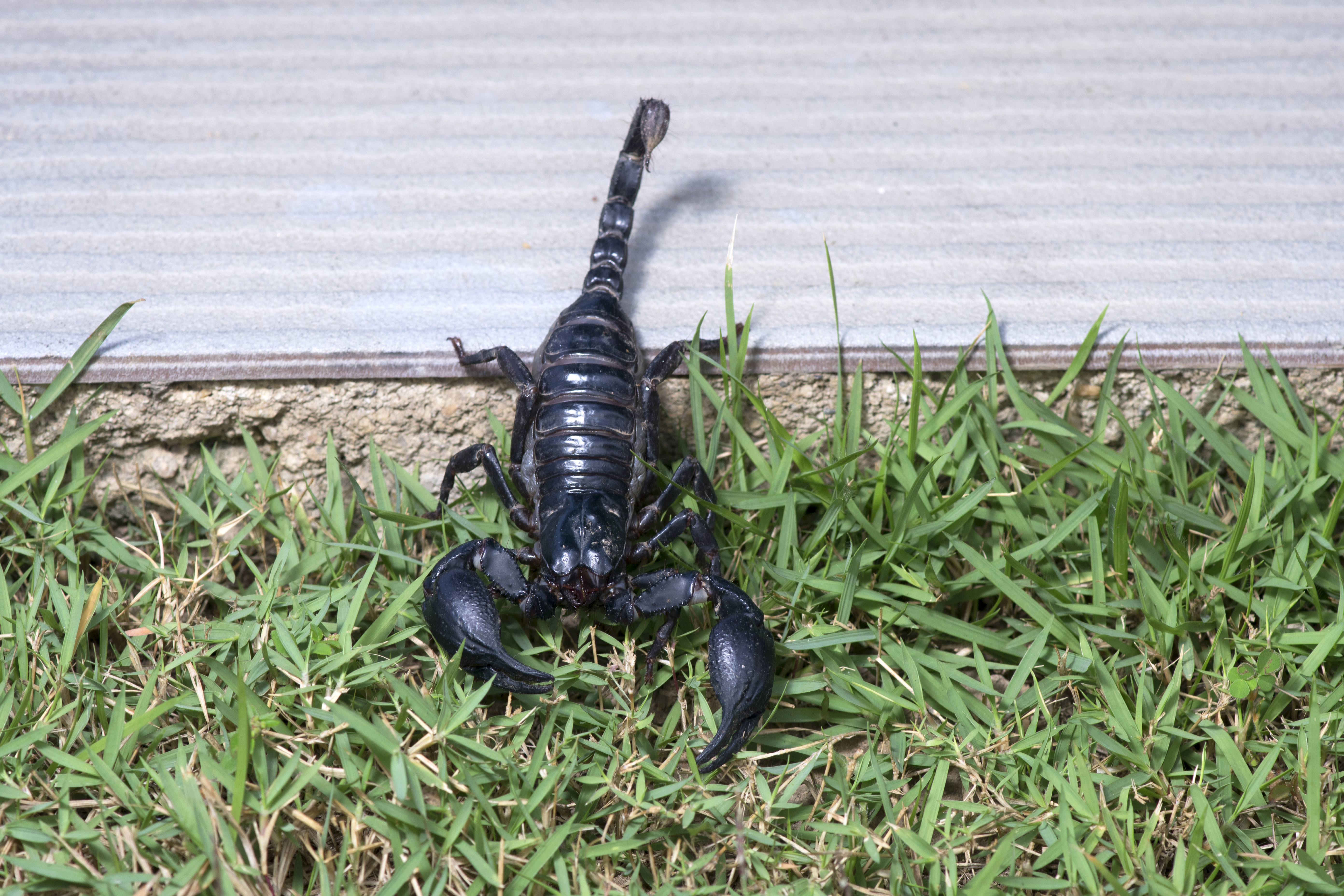
Snake removal cost comes down to the type and number of snakes you’re dealing with and where they’re located inside your home. This guide breaks it down.
When things look dire, find the right hire


Ants, roaches, and bedbugs—oh my! These insects can turn a pleasant home into an anxiety-filled mess in no time, leading homeowners to wonder how to hire an exterminator pest control professional. So, how do you find the best local pest control company for your needs, what common scams should you look out for, and how do you prepare for an exterminator’s visit? Keep reading to find out.

Exterminators offer a wide range of pest control services that can treat whatever type of pest problem you are dealing with. Plus, they can prevent them from moving back into your home.
Here are some of the most common services to hire an exterminator for:
Extermination Services: Extermination using various methods such as chemicals, traps, and bait stations to eradicate pests such as termites, ants, rodents, and more.
Removal and Relocation: Some pest control companies offer removal and relocation of animals that have moved into your home. However, you need to ensure they have proper experience and licensing to ensure they are able to release the animal safely into another habitat.
Prevention Services: It is much easier to prevent pests than it is to treat an active infestation. That’s why exterminators offer preventive services that consist of regularly scheduled pest control visits to keep critters and insects away from your home.
The cost of hiring a pest exterminator ranges from $100 to $260, depending on the type and severity of the infestation. For most full-service pest control jobs, such as removing wasp or roach infestations in a 1,500-square-foot property, you'll pay between $200 and $600. Major infestations will cost more to eliminate than small, minor infestations, and they will likely require follow-up treatments.
It’s worth hiring an exterminator if you have a major pest infestation that isn’t responding to DIY spot treatments. Professional pest control specialists have access to high-grade tools and chemicals that can eliminate pest infestations much more quickly than commercial products. Plus, an exterminator can identify the root cause of the pest problem and suggest long-term solutions to prevent future unwanted inhabitants. You should contact a local exterminator for an accurate price quote.
Before you officially make any hires, there are some worthwhile considerations to maximize the chance of a positive experience.
Start by determining which type of pest is in or around your home. Check in common hiding spots for the following pests:
Termites: This persistent pest feeds on wood, so look for signs of damage or rot in attics, baseboards, decks, window sills, and wooden furniture.
Ants: Look for ants near food sources, moisture, and protected spots like under appliances and doors.
Cockroaches: These pests thrive in dark, damp environments, especially near plumbing.
Rats: Critters like rats hide in holes and crevices, such as inside cabinets and piles of clutter.
Bees: You can find bees nests inside tree cavities or underneath other covered surfaces.
Wasps: Wasp colonies tend to live on outdoor siding, walls, and roofs.
As you gather quotes, match your pro to your specific issue. For instance, some exterminators specialize in killing roaches or bed bugs, while others may not have much experience with insects like termites. Gauge their experience level by chatting them up on the phone or perusing their website.
Gather several estimates before choosing the best candidate, but don’t automatically go for the most inexpensive company. Expertise matters here, and a lowball offer often can indicate inadequate experience.
Here are some tips worth considering before you hire a local exterminator.
Start by performing a quick web search and asking friends and family for recommendations. If you’re actively looking for an exterminator, you’ll find companies everywhere you look, from branded trucks on the street to advertisements in local print publications. Make a list of potential contractors and get ready for the next step.
Call up your potential hires to discuss the job. This gives you an overall idea of their expertise and their attitude and excitement for the job. While talking to the pro, keep an ear out for any potential red flags, like upsells and possible scams. Also, get customer referrals to contact them about their experience and if the exterminator got rid of the bugs for good (and in how many visits).
Check and double-check their license, as some companies rent a license from another exterminator, leaving the actual employees untrained. Also, verify their liability insurance. In many cases, pest control involves potentially harmful chemicals sprayed throughout the home, so liability insurance is a must.
Look for potential red flags via online reviews. A few bad ones aren’t a huge deal, but many subpar testimonials indicate a pattern. There are also plenty of common pest control scams out there worth avoiding.
Before entering into any service contract, get everything down in writing. Spend some time talking with your pro about payment plans, the number of visits required to handle the problem, and any other pertinent information. Most exterminators accept payment after a service call, but it varies.
After getting an estimate and settling on a pest control pro, read the contract thoroughly to avoid contract renewal scams. Year-long service contracts often auto-renew, whether you use them or not. Make sure payment plan details are included.
Keep records of anything and everything when the exterminator visits for a service call. Mark down the hours they worked, the progress made in eliminating bugs, and any comments the technician makes regarding your service needs. This information isn’t always needed but could come in handy down the road if there’s a dispute.

So you settled on a technician and eagerly await their visit—and an end to your bug problem. What should you do before the appointment to ensure a successful outcome? Follow these general guidelines.
Clean and tidy up your home, especially impacted areas. Getting rid of clutter allows the exterminator to easily reach any nooks and crannies to better spray your unwanted houseguests. Plus, certain insects, like roaches, thrive in messy homes, a common problem that can lead to pest infestations.
Dealing with termites? Most local termite control pros recommend moving furniture and appliances away from the wall for better access. Exterminators coming for a bedbug visit tell homeowners to remove and wash linens before a visit. For ants, store food items in airtight containers. Each bug and grass pest is different.
Keeps kids and animals away from the treated area, especially if the exterminator uses strong chemicals. Keep your fur babies and human babies somewhere safe before the visit, and ask the pro how long they should stay away. The same goes for adults who suffer from allergies.
The job is done, so now what? Here are some steps worth taking after your exterminator lays down their sprayer.
Rome wasn’t built in a day, so give your treatment some time to do its thing. Some pest control sprays, gels, and traps take a week or two before adequately servicing the area. Contact sprays work immediately but only kill bugs that contact the chemical directly. Other types of pesticides require insects to carry them back to the nest, and some don’t kill at all, interrupting reproductive rates instead. If you’re still seeing bugs after a week or two, call your exterminator to let them know.
Resist the impulse to give your home a deep cleaning after the exterminator’s visit. Why? Many residual chemicals continue working for up to two weeks before losing steam, so wiping these away with a cleaner negates efficacy. If you’re unsure about cleaning, talk to your pest control company, as each treatment type requires unique post-care procedures.
Make sure to hold up your end of the bargain and complete payment arrangements on time. Also, if you received above-average service, consider leaving a positive review online since these reviews help exterminators attract future customers. On that note, if you had a really positive experience, give them a call and agree to be a reference for prospective clients.
Keep in mind that professional pest control service costs an average of $200 to $600, depending on the type of pest, severity of infestation, and location. To get an accurate estimate, get multiple quotes from local pest control companies that can evaluate your home’s infestation and recommend next steps.
From average costs to expert advice, get all the answers you need to get your job done.

Snake removal cost comes down to the type and number of snakes you’re dealing with and where they’re located inside your home. This guide breaks it down.

Whether you have bugs, bats, or rodents invading your home, you’ll want to contact an exterminator quickly. Find out how much pest control costs in Columbus, OH.

Find out how much it costs to remove armadillos and stop them from coming back. Know how much to budget to humanely remove these pesky critters from your yard.

Stink bugs are annoyingly persistent, but there are ways to fight back. Learn how to exterminate stink bugs in the house and prevent them from coming back.

Discover effective strategies for how to get rid of squirrels in the attic. Learn humane solutions for saying goodbye to these unwanted guests.

Scorpions are creepy pests that you definitely don’t want near your living space. Find out how to keep scorpions away from your house.